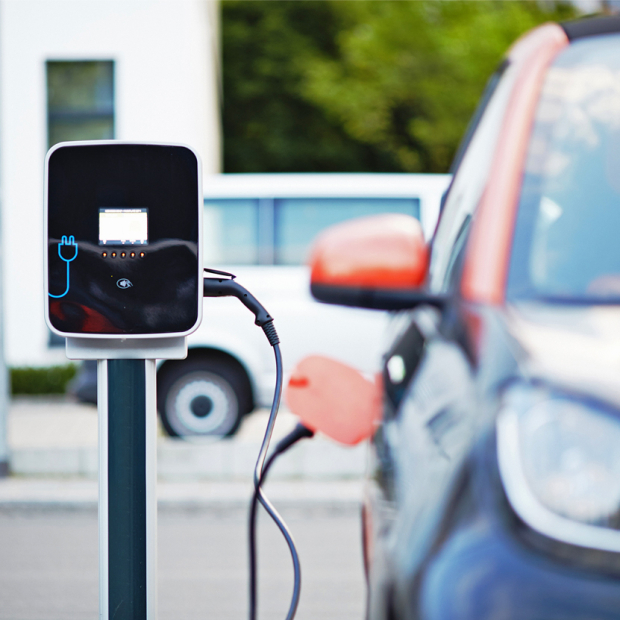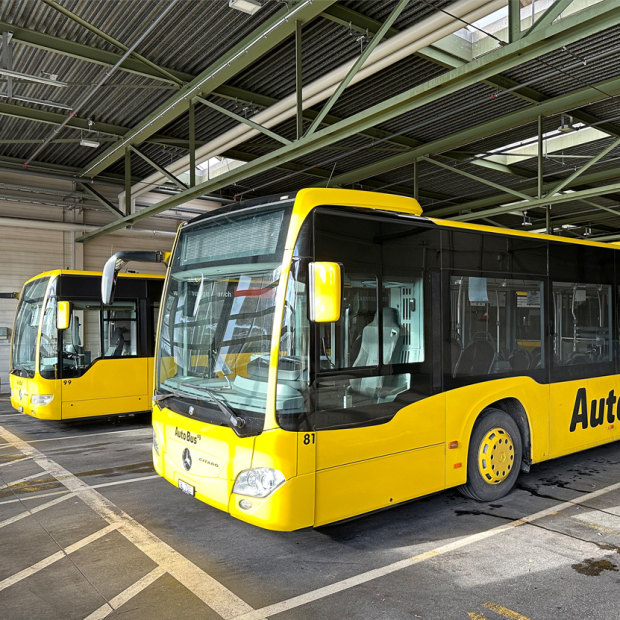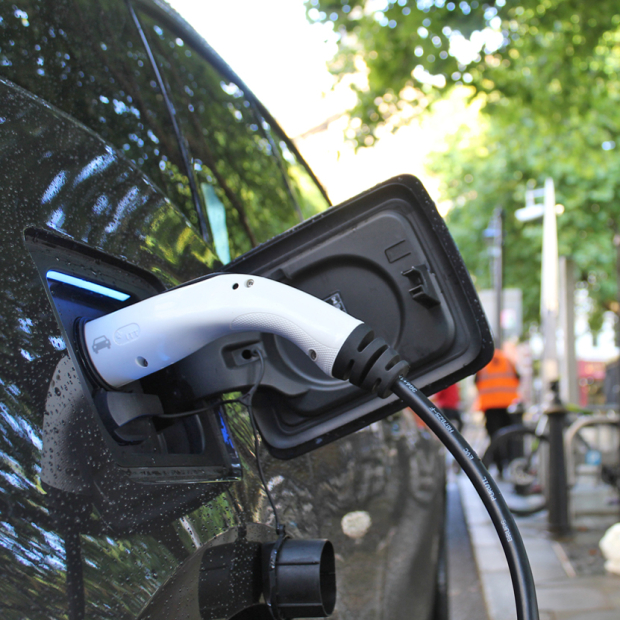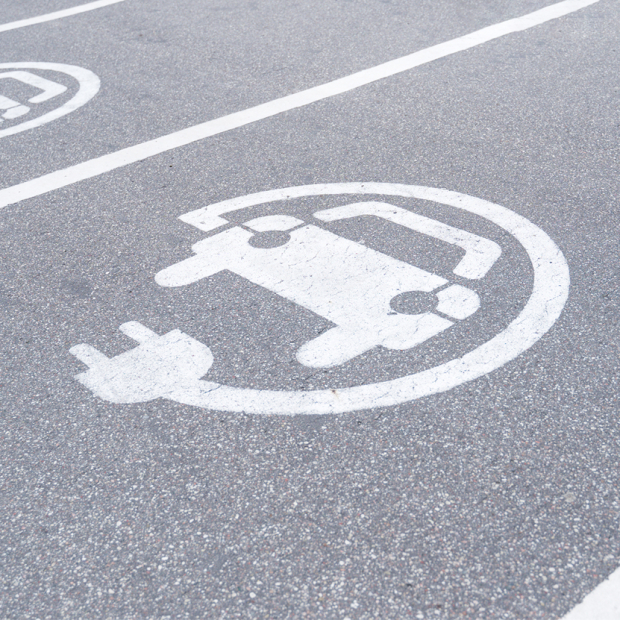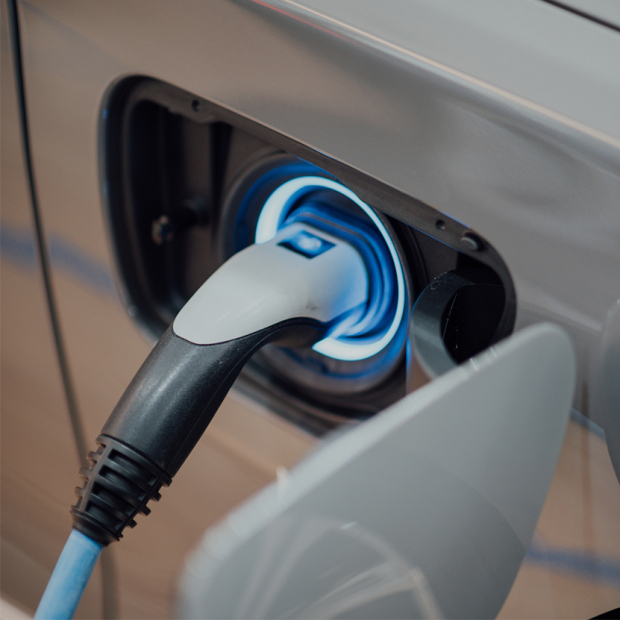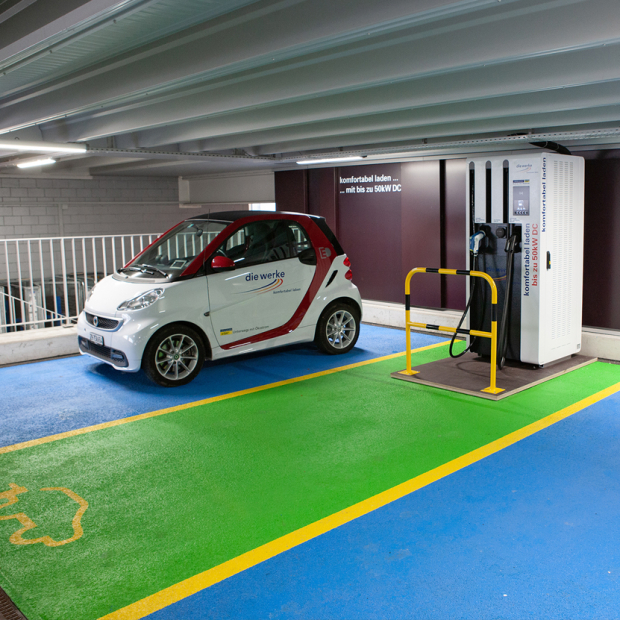

Support Instruments for Efficient Vehicles: Impacts on Automobile Purchases and Usage
EBP has carried out a study to determine the impact that various incentives in the context of energy and climate policy are having on purchases and use of energy-efficient vehicles.
Motorized traffic accounts for around one-quarter of total energy consumption in Switzerland and nearly half of total CO2 emissions. The lion’s share of this consumption is accounted for by passenger vehicles. In addition to the manner in which drivers use their vehicles, vehicle selection also plays an important role. Individual purchasing decisions have a major impact on total energy use – especially in light of the fact that once a vehicle is registered, it will likely remain in use without technical modification until the end of its service life. Consumers who purchase new energy-efficient vehicles reduce their own personal energy costs and simultaneously help to lower the external costs associated with environmental harm.
EBP was commissioned together with Ecoplan and e’mobile to study the effectiveness of incentives introduced to promote the purchase of new energy-efficient vehicles and – where relevant – the use of such vehicles.
The examined incentives were broken down into five categories:
- Communication measures, including pilot and demonstration projects
- Financial incentives for purchasing a new car
- Financial incentives for cantonal motor-vehicle taxes
- Financial incentives for fuel taxes
- Indirect incentives for efficient vehicles
The method we used to ascertain the effectiveness of the incentives was based on principles of social psychology (vehicle-purchasing behavior) and economics (carry-on, rebound and distribution effects). We also analyzed the attitudes contemporary vehicle purchasers have with regard to energy-efficient vehicles. Our study report concludes with nine recommendations for the effective promotion of energy-efficient vehicles in Switzerland.

